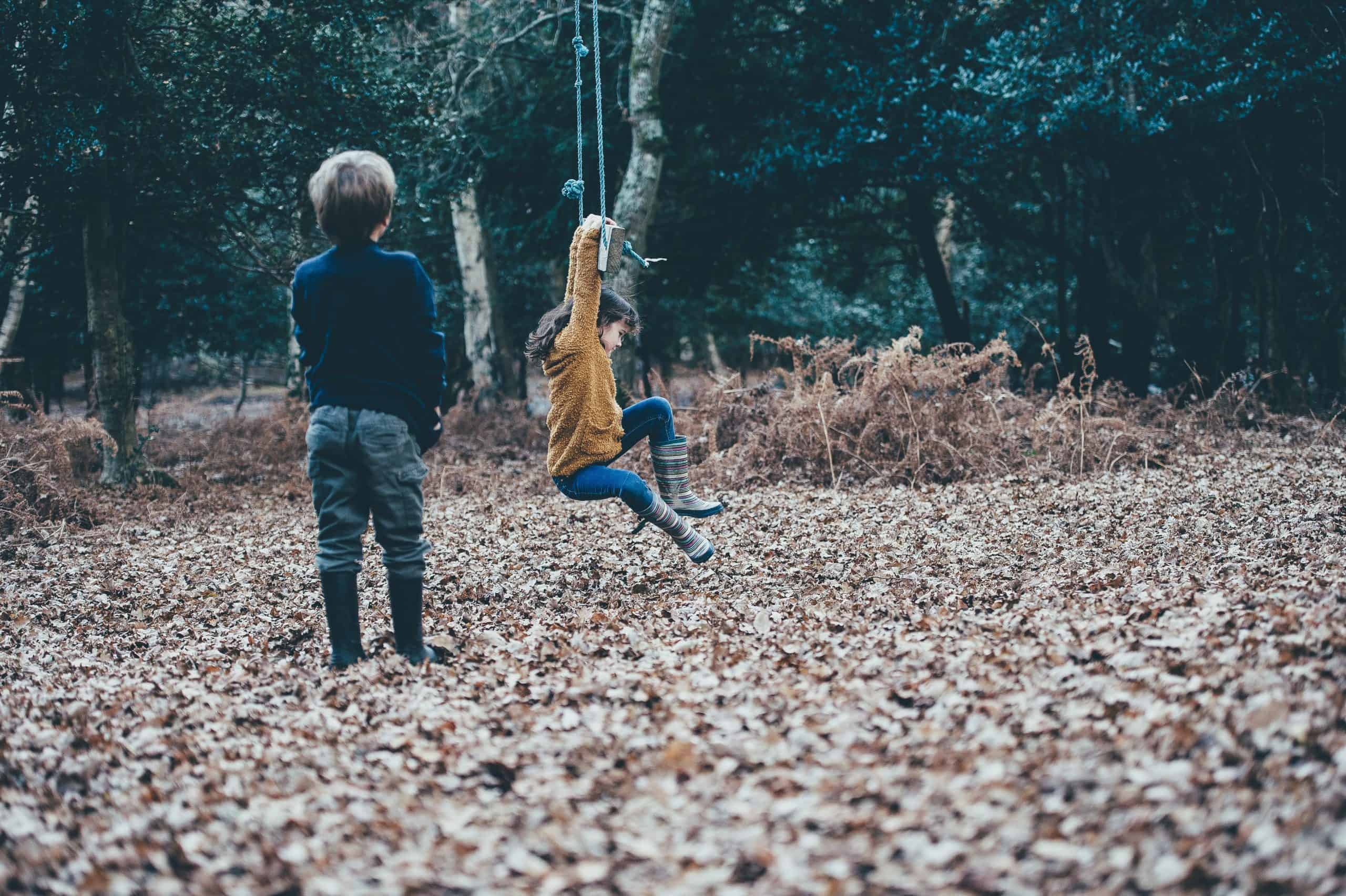
The Conversation: Outdoor play in Canada should continue beyond the COVID-19 pandemic
Thank you to Dr. Tanya Halsall (University of Ottawa) and Dr. Louise de Lannoy (Outdoor Play Canada) for providing this post.
This article was originally published in The Conversation.
An important incidental change that resulted from the COVID-19 pandemic has been our collective rediscovery of the outdoors. As we begin building back better, we have an opportunity to leverage this re-engagement to enhance our connection with the outdoors and improve child health and development.
As a postdoctoral fellow working in child and youth mental health promotion and a research manager for Outdoor Play Canada, we are examining new ways to increase young people’s access to the outdoors to promote their social, emotional, mental and physical health.
The pandemic highlighted major inequities in access to natural spaces across Canadian communities, but it has also presented a significant opportunity to support social justice and equity by reconsidering policies governing the use of urban outdoor spaces like residential streets. This approach, along with other strategies, can move society in a direction that increases outdoor active play for children for their recovery from the current pandemic, and for their long-term health and well-being. The Outdoor Play in Canada: 2021 State of the Sector Report can help to guide these efforts.
The Position Statement on Active Outdoor Play was released in 2015 to encourage Canadian families, schools and services to increase children’s time spent outdoors and in active play for their health and development. The statement was developed through a process of extensive engagement with researchers, practitioners and policymakers as well as two systematic reviews. It was pivotal in generating momentum for investment and policy reform to support children’s engagement in outdoor active play.
Six years later, the 2021 State of the Sector Report captures developments in the field of outdoor play since the release of the position statement and provides direction on future priorities for the field. These include:
- Promoting the health, well-being and developmental benefits of outdoor play.
- Promoting, protecting, preserving and investing in outdoor play environments.
- Advocating for equity, diversity and inclusion in outdoor play.
- Ensuring that outdoor play initiatives are land-based and represent the diverse cultures, languages and perspectives of Indigenous Peoples of North America.
- Researching and supporting data collection on outdoor play.
- Reframing views on safety and outdoor play.
- Increasing and improving professional development opportunities in outdoor play.
- Expanding and enabling cross-sectoral connections and collaborations.
- Leveraging engagement opportunities with the outdoors during and after COVID-19.
A renaissance of outdoor living
Although physical distancing restrictions during the COVID-19 pandemic initially led to reductions in children’s outdoor physical activity, over the past year and a half, the pandemic has ushered in a renaissance of outdoor living. Last year, many people rediscovered the joys of walking and cycling and got reacquainted with winter. Perfect snow conditions set the stage for community members to cover Ottawa with snow sculptures, and in the Prairies, children conquered parking lot snow-piles.
Schools found adaptive ways to move learning outdoors and campsite reservations increased dramatically across Ontario, Manitoba, Alberta and British Columbia. Experts highlighted the potential for a resurgence of free-range childhood experiences and work-from-home conditions set the stage for children to engage in increased independent mobility and unstructured play.
Research from Canada and around the world has reported that people value and have spent more time outdoors and more time in green spaces during the pandemic. In Norway, research found that these changes in behaviour were measurable up to six months later.
The pandemic has also heightened awareness of the need for important family supports as we saw a significant increase in the care burden on women. Correspondingly, we are seeing policy reforms that can enhance support for families and child development, including increased flexibility in workplace policies, enhanced investments in daycare (and the ability to license forest and outdoor daycare programs), and provincial programs for paid sick leave. In Scandinavia, flexible workplace hours and incentives to spend time outdoors are already common practice and designed to enhance friluftsliv, or open-air living.
These new and ongoing supports can promote well-being for families and increase opportunities for quality time spent outdoors. In the State of the Sector Report, we highlight the importance of making outdoor play a core health promotion recovery strategy. This can be achieved by appropriating streets for active travel as well as for social connection and play.
During the pandemic, we saw municipalities apply street closures to create space for active leisure as well as for sport; these efforts should be continued. Creating outdoor opportunities for communities to gather not only increases the potential for outdoor activity, it can also strengthen community connections and make neighbourhoods safer. As we state in our report, we need to identify champions, including at the community level, to help these outdoor play initiatives live on.
Promoting outdoor play is not only important for the health and well-being of children; it is necessary for the long-term health of the environment. Spending time in nature at an early age is important for the development of the next generation of environmental stewards that respect and protect the natural world.
Maintaining some of these adaptations and policy reforms will have a significant impact on the environment. We need to advance the momentum for outdoor play to support the health and development of children and to ensure that they and generations to come have a healthy world to grow up in. Global lockdowns resulted in the largest decrease in global carbon dioxide emissions since 1900.
It took a pandemic for us to reign in our consumption behaviour. We now recognize that we have the potential for change. We must carry this forward into the future — for our children and for us all.
Dr. Tanya Halsall is a post-doctoral fellow with the Institute of Mental Health Research at the University of Ottawa.
Dr. Louise de Lannoy is the research manager for Outdoor Play Canada.
![]()

